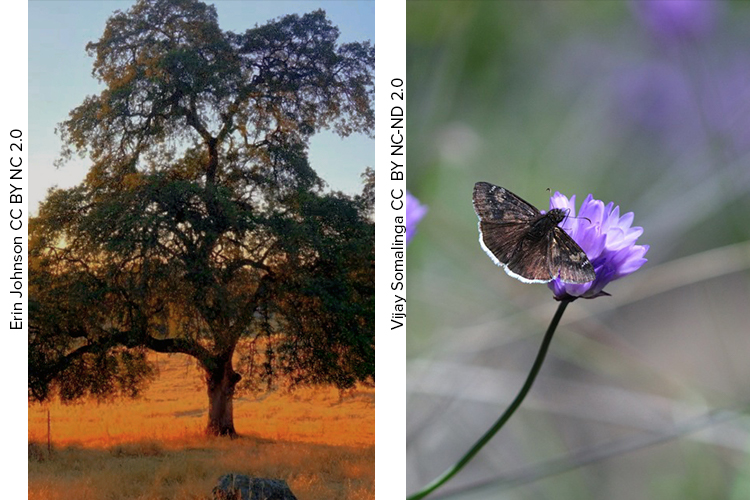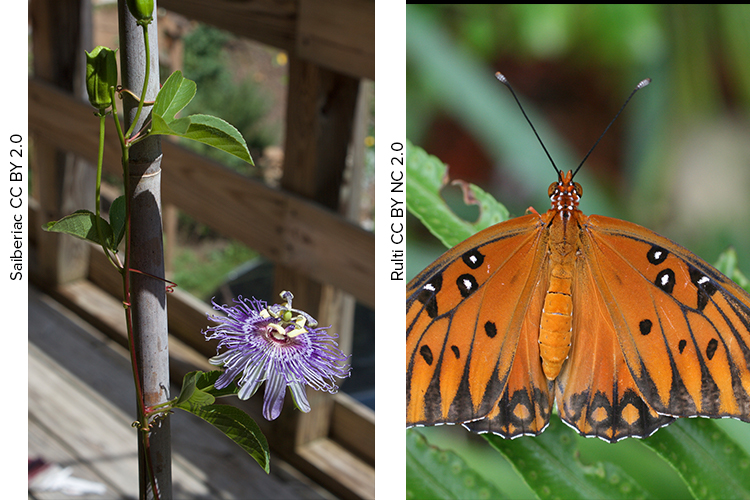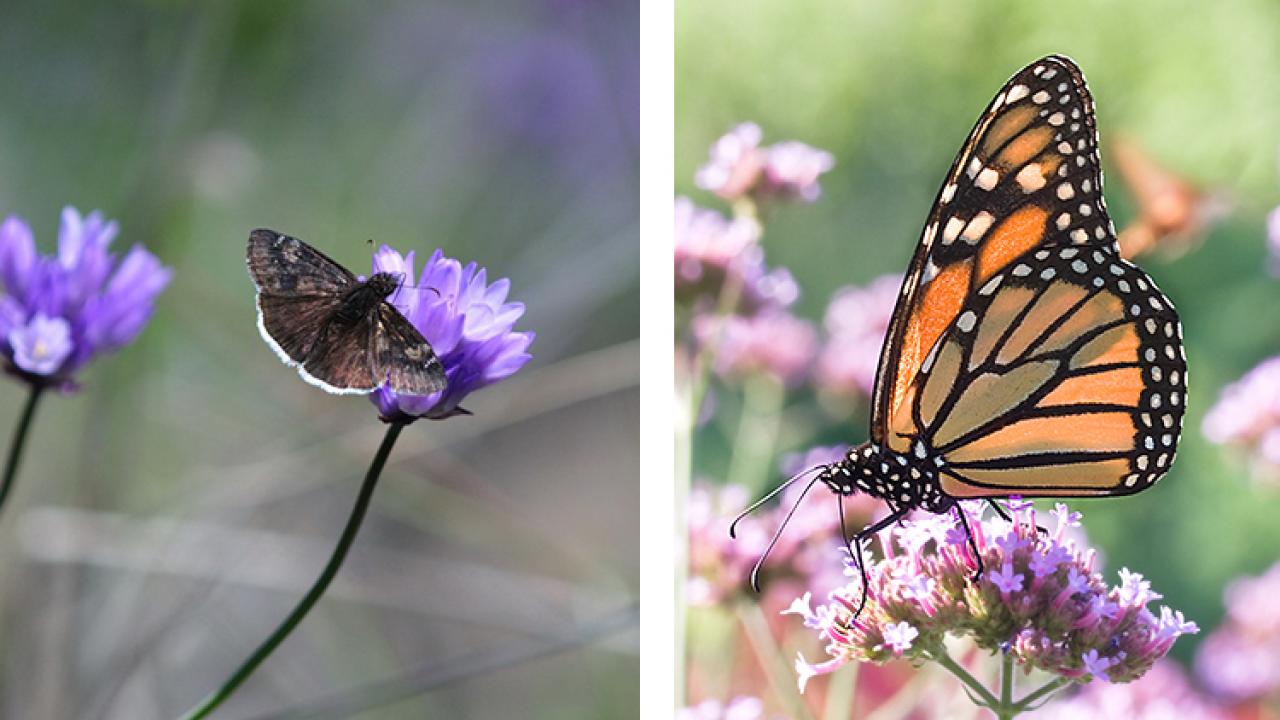
Larval Host Plants for Butterflies
by Ellen Zagory, director of public horticulture and Katie Hetrick, director of marketing and communications
While mature female butterflies can travel long distances, their larvae (caterpillars) cannot. So, when creating gardens to attract butterflies, expand your palette beyond plants that only provide nectar for mature butterflies. There’s another type of plant, called larval host plants, that any well-rounded butterfly garden needs.
Think of a butterfly garden as building a one-stop shopping center for these important pollinators – a place where they can feed, lay their eggs, provide food for their newly hatched larvae, pupate (create their cocoons), emerge, and begin the cycle all over again.
Butterflies are quite particular in the larval host plants they choose. They must be plants that provide larvae (caterpillars) with proper nourishment. And yes, that means, if all goes well, parts of these plants will eventually be devoured by hungry caterpillars. Fear not though! They will grow back!
Below is a list of a few that we like, along with the types of the butterflies you are helping survive by planting them.
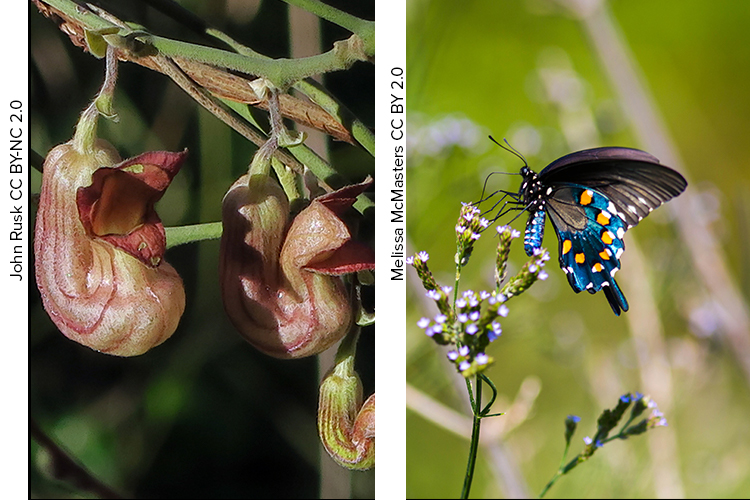 California Pipevine
California Pipevine
Aristolochia californica
The larval food for the beautiful Pipevine Swallowtail, this vine can grow on a trellis or twine up the stems of large shrubs. In early spring you will see curious “pipe” flowers along the bare stems.
Valley Oak
Quercus lobata
The Mournful Duskywing, a common visitor in local gardens with black/brown wings edged in white, utilizes the locally native Valley Oak as a host plant. Plant this incredible tree where there is room to accommodate its large size.
Narrowleaf Milkweed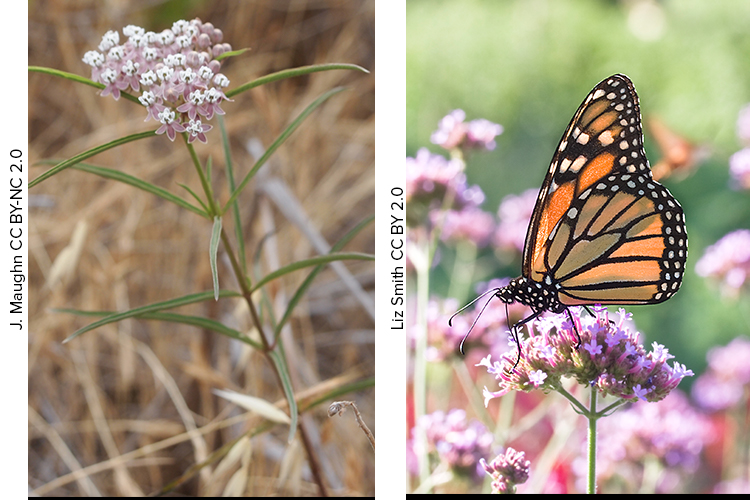
Asclepias fascicularis
Monarch butterfly larvae only eat milkweed plants. This plant is best grown in full sun with decent soil and benefits from a couple deep, summer irrigations. Select their location carefully as they will spread in the right growing conditions.
Passion Vine
Passiflora incarnata
The Gulf fritillary visits when gardeners use passion vines to cover fences and trellises. A subtropical plant, it may be injured or even killed by our coldest winters. However, passion vines are very vigorous growers if given sun and summer irrigation and will reward you with fascinating flowers.

